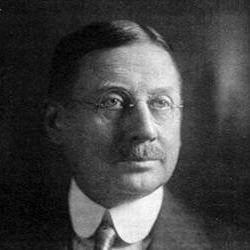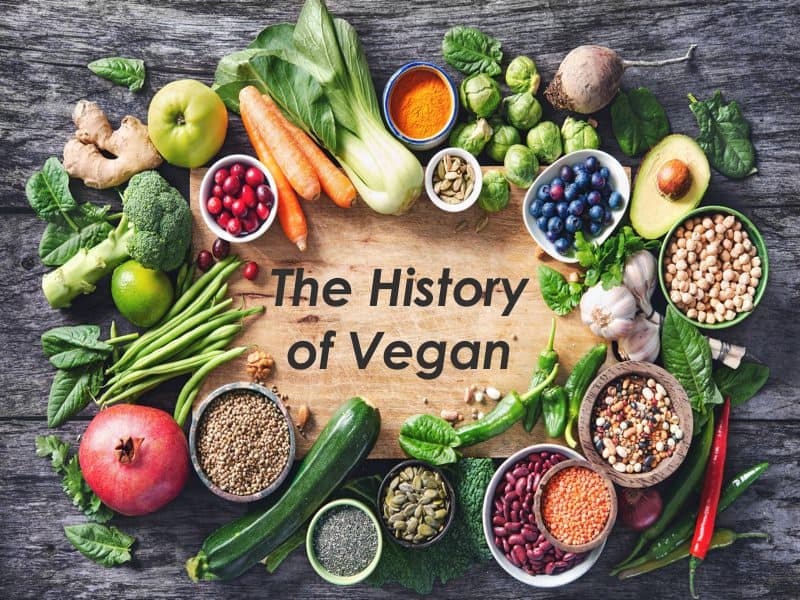The History of Vegan
November is World Vegan Month. It is a time to celebrate those living an animal-free lifestyle. World Vegan Month began in 1994 to celebrate the 50th anniversary of The Vegan Society. However, the concept of veganism began long before then. There is evidence that people lived an all plant-based lifestyle as early as 500 BC. With food technology evolving extraordinarily since then, and information technology keeping everyone informed at astonishing rates, veganism has come a very long way. Join us as we learn the history of vegan!
What is Veganism?
Being a vegan means people living their everyday lives without using any products that come from an animal. This fundamentally means not consuming any animal products, which many interpret as just not eating meat. However, being a vegan means not eating any animal products, including eggs, honey, cheese, gelatin, or whey. Additionally, those that truly live a textbook vegan lifestyle will not use any non-food products from animals either. Such non-food products may include pianos with ivory keys, leather and wool clothing or accessories, pearls or any other jewelry made from an animal, certain soaps and shampoo, cosmetics, and more.
The History of the Early Vegans
Plant-based eaters existed since the beginning of time. In fact, a green plant-based diet is referenced in Genesis 1:29-31, where every “plant yielding seed and every tree with seed” was given for food to all the creatures that roam the earth, and was declared “good” by the Creator.
The first documented vegetarian in history though was the Greek philosopher and mathematician Pythagoras around 500 BC. He had philosophical and ethical reasons not to eat meat. He believed in being kind to all beings and that every animal has a soul. Before the term vegetarianism was established, plant-based eating was referred to as the “Pythagorean Diet” until the mid-1800s.
Existing at the same time as Pythagoras was another well-known figure, the Buddha. Many of Buddha’s teachings revolved around vegetarianism. Buddhists and Hindus strongly believe that humans shouldn’t inflict pain on other animals. Since there was no official term nor definition for vegan until much later on, it’s hard to say whether earlier plant-based eaters did so 100% or still consumed such things as eggs or milk.
Over the centuries, veganism steadily continues to gain more followers. Without truly defining “vegan”, different groups would develop their own interpretations of what it meant and what specifically they would choose to avoid. Increased awareness of the relationship between humans and animals occurs during the 18th century, presumably due to the increase in our dependency on animals for travel and production. That awareness allows veganism to really take hold.
Some additional well-known people that followed a vegetarian or vegan lifestyle and strongly advocated for it are Leonardo Davinci, Albert Einstein, Nikola Tesla, Rosa Parks, and our very own Thomas C. Martindale.

Thomas C. Martindale
Thomas C. Martindale: A Likely Vegan
The very foundation of Martindale’s Natural Market is good clean food for optimal health and wellness. Our founder, Thomas Martindale, followed what would now be referred to as a paleo lifestyle. His son, Thomas C. Martindale, was a vegetarian at the very least, but based on historical writings about him, he was more likely a vegan. They both had a strong belief in the correlation between proper nutrition and eliminating health woes. Those opinions are what helped shift the store towards a more natural approach. Thomas C. would often talk with patrons about becoming vegetarians, or at least reducing their intake of meat.
People would line up to speak with him for recommendations. His advice? “Eat well. Let food be your medicine”—a familiar line from the ancient physician, Hippocrates. With that in mind, the Martindale’s stores of the early 20th century featured a multitude of veggie-based prepared foods.
“It is just as easy to eat for health as for sickness, and much cheaper to keep well than to get well.”
– Thomas C. Martindale.
Why Be a Vegan?
Becoming a vegan is usually a very personal decision. People decide on this lifestyle for reasons very near and dear to them. The majority of reasons why people throughout history have decided to be vegan are:
- Ethical concerns
- Philosophical or religious beliefs
- Health-consciousness
- Food intolerances or allergies
- Environmental concerns
Advocacy Groups
Vegetarian Societies
Even long after his death, several followers of the “Pythagorean Diet” and its principles remained. These principles would influence many people for centuries to come. Eventually, a group of these like-minded people came together to form the very first Vegetarian Society in England in 1847, officially shifting from Pythagoras’s namesake to the term vegetarian. Subsequently, Rev. Sylvester Graham (the inventor of graham crackers) and a few other gentlemen co-founded The American Vegetarian Society in 1850.
The Vegan Society
In November 1944, Donald Watson and a group of other non-dairy vegetarians decide that because many people identifying as vegetarian still consume eggs and dairy, a new term is needed to describe those that don’t. Thus, the word ‘vegan’ is born! Made up of the first 3 letters and the last 2 letters of the word vegetarian, this new word is meant to symbolize the beginning and the end of vegetarianism.
Three months after coining the term, Watson began writing a newsletter for what he called The Vegan Society. He quickly gained a following. However, despite having an official title, a newsletter, a society, and a following of 25 people (which rapidly grew), the actual official definition of veganism would not come until 1949. The definition reads: to seek an end to the use of animals by man for food, commodities, work, hunting, vivisection, and by all other uses involving exploitation of animal life by man”.
At the time he created The Vegan Society, he had 25 followers. When he died in 2005, more than 250,000 people identified as vegan in Britain and more than 2 million in the United States. Looking for some vegan friends in your neighborhood? Check out some of these groups.
Advances in Food Technology
A lot has certainly changed since the Thomas Martindale days. The vegan lifestyle is becoming more mainstream all the time. Additionally, many advancements have come in the realms of food technology, eco-friendly farming, and sustainability. The innovation of plant-based meat alternatives has transformed the industry. Technology has advanced so much that the Impossible Meats food brand was able to isolate the molecule heme, which is naturally found in plants and has the look and taste of real meat. Amazing!
In recent years, we have learned a lot about the impact of relying heavily on animal products, both financially and environmentally. Being able to obtain more protein sources directly from plants instead of animals has started to make a dent in reducing our carbon footprint. Sustainable farming practices, education, and innovation for farmers and manufacturers have made vegan foods more widely available. Along with better education and product labeling for consumers, a vegan lifestyle is more accessible now than ever before.

